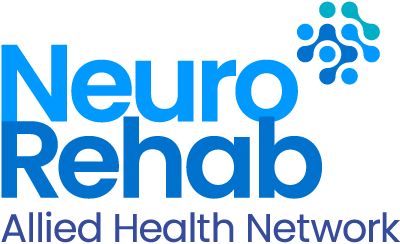Neuropsychology and psychology
Neuropsychology is a special field of psychology focusing on brain disorders that affect memory, learning, attention, language, spatial skills, problem solving, and decision making.
Neuropsychologists have advanced skills in assessment, diagnosis, and rehabilitation of brain disorders. A brain scan can show the structure of the brain (i.e. what it looks like), but a neuropsychologist shows the function of the brain (i.e. how it works).
Neuropsychologists are trained to understand the cognitive (i.e. thinking), emotional, and behavioural effects of a wide range of brain conditions. This may include stroke, dementia, multiple sclerosis, traumatic brain injury, and a vast range of other neurological conditions.
Neuropsychology assessments available for people aged under 21
Neuropsychology
Neuropsychologists work with people with brain disorders which affect a person’s thinking, behaviour, and emotions. Neuropsychologists have skills in assessment, diagnosis, management, and rehabilitation of brain disorders. They can conduct detailed tests of thinking skills, including memory, attention, and planning.
Our neuropsychology service caters to children and young people under 21 years of age, offering two broad types of service:
1. Assessment
To provide a diagnosis, or a better understanding of a client’s brain functioning.
2. Cognitive rehabilitation
Training in strategies such as memory, social skills, or anger management.
The following are example referral questions that can be answered by neuropsychology:
Does the person have a brain condition such as acquired brain injury, dementia, or intellectual disability?
What are their cognitive strengths and weaknesses?
Can the person manage their own finances and medical conditions, or do they need a Guardian or Administrator?
How can the client be best supported to return to work or study after a brain injury?
What types of support might the person need, and how can staff best communicate with the person?
What strategies can the person use to compensate for their memory or other cognitive difficulties?
Educational and developmental psychology
Educational and developmental psychology focuses on understanding how people learn and grow across the lifespan, with a particular emphasis on children, adolescents, and young adults. Educational and developmental psychologists work to support individuals experiencing challenges related to learning, behaviour, social skills, and emotional wellbeing. They often assess and help manage learning difficulties, developmental delays, emotional and behavioural concerns, and transitions across school and life stages. Their work is grounded in both education and psychology, offering practical strategies to help people thrive in learning environments and everyday life.
While educational and developmental psychologists and neuropsychologists can both work with children, there are some key differences in what they focus on. Neuropsychologists are specially trained to understand how the brain works and how changes in the brain affect things like memory, attention, and problem-solving. They often do very detailed assessments to understand individuals’ thinking skills and how these are impacting on everyday life. Educational and developmental psychologists, on the other hand, focus more on learning and development and how this may impact on reading, writing, and schoolwork.
Both neuropsychologists and educational psychologists in our team are able to work with children and young people to understand how someone is learning and growing in everyday life, and to support their development at home, school, or in the community. If you are unsure which type of psychologist is the best fit for you, please chat to our friendly intake team for more information.
Helpful resources
Coping During COVID-19
COVID-19 has brought many changes to the way we live. For people living with disability, there are added complexities, such as changes to supports or anxiety about COVID-19. Existing issues can be exacerbated. Strong emotions and behaviours of concern may be displayed more often.
The Psychology team at NeuroRehab Allied Health Network has put together a list of Tips For Looking After Your Mental Health during COVID-19. Click on the image to download and print.


